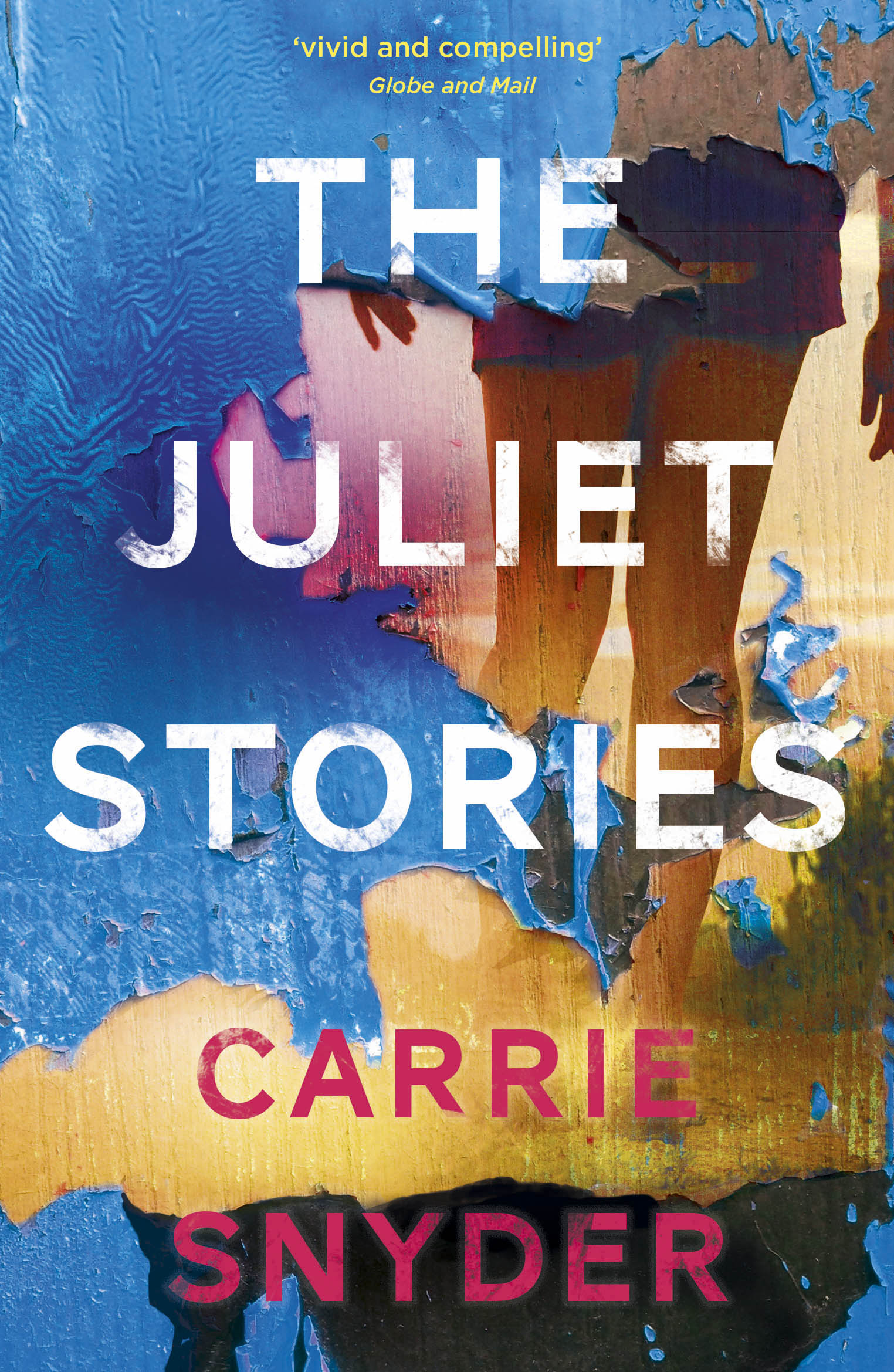The Juliet Stories
Click here to purchase the book!

Published in Canada by House of Anansi, 2012

Published in the UK & Australia by Two Roads Books, 2015
Juliet Friesen is ten years old when her family moves to Nicaragua. It is 1984, the height of Nicaragua’s post-revolutionary war, and the peace-activist Friesens have come to protest American involvement. In the midst of this tumult, Juliet’s family lives outside of the boundaries of everyday life. They’ve escaped, and the ordinary rules don’t apply. Threat is pervasive, danger is real, but the extremity of the situation also produces a kind of euphoria, protecting Juliet’s family from its own cracks and conflicts.
A finalist for Canada’s 2012 Governor General’s Award for Fiction
Commended as 2012 Globe and Mail top 100 book
